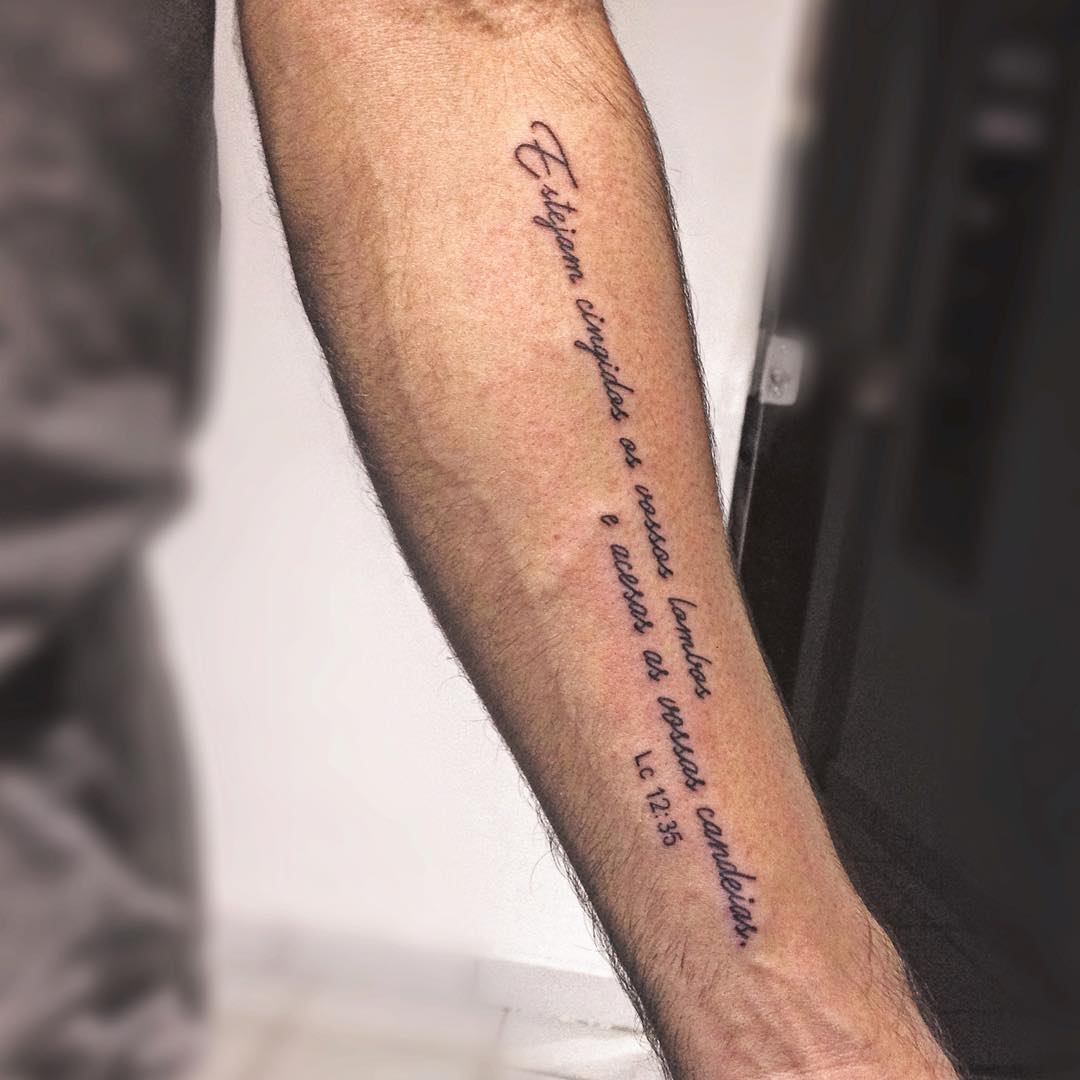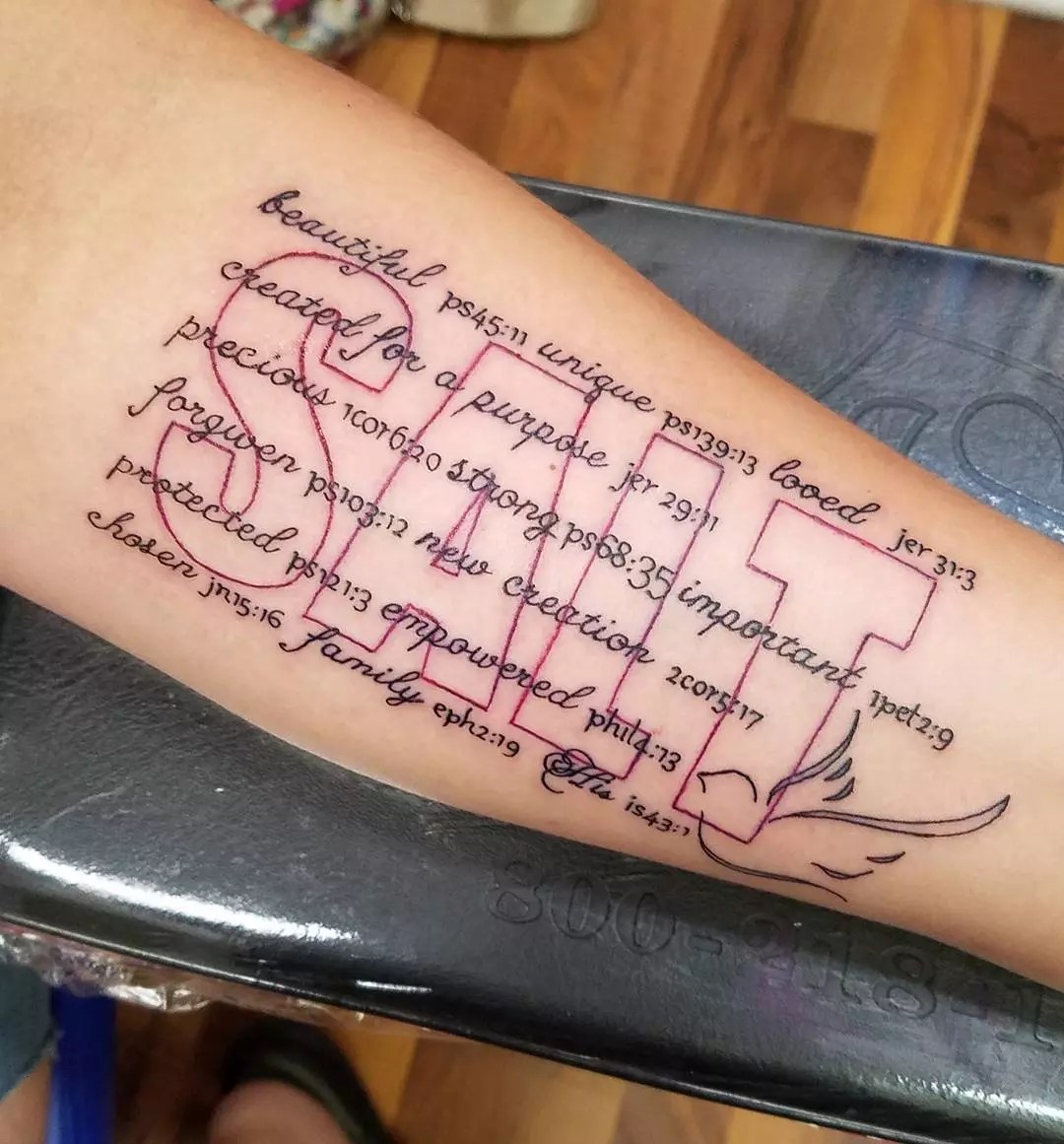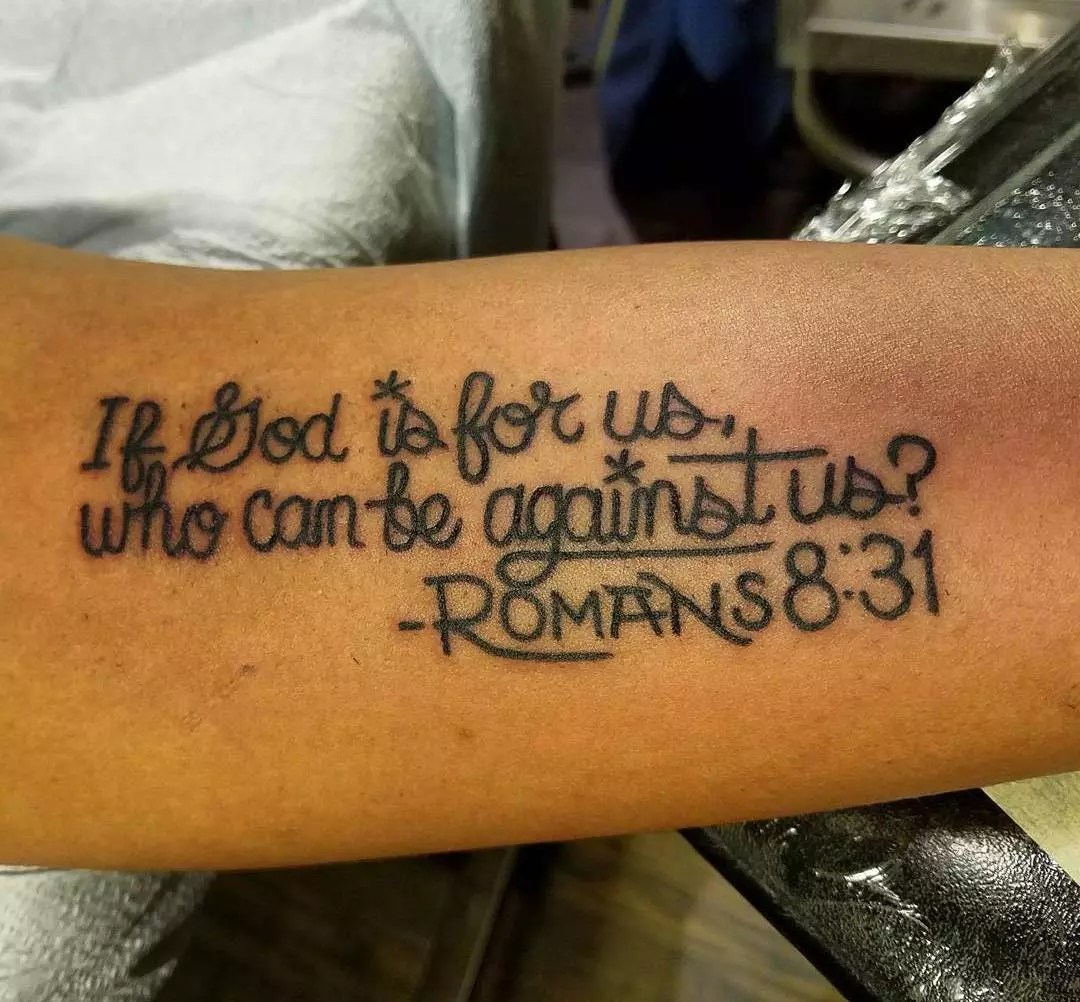The topic of tattoos has sparked various discussions among Christians and non-Christians alike. Many people wonder what the Bible really says about tattoos and whether they are acceptable in the eyes of God. In a world where self-expression is becoming increasingly popular, it’s important to understand the biblical perspective on body art. This article delves into the scripture to uncover verses that relate to tattoos, offering a thoughtful exploration of their meanings and implications.
As we navigate through the Bible verses about tattoos, we will uncover the historical context behind certain scriptures, allowing us to interpret them through a modern lens. Tattoos can carry significant personal meaning and cultural relevance, making it essential to differentiate between the original scriptural intent and contemporary practices. With this understanding, we can better appreciate the beauty of self-expression while remaining aligned with our faith.
Ultimately, this exploration aims to provide clarity and guidance for those contemplating getting a tattoo or seeking to understand the biblical stance on body art. Through examining specific verses and their interpretations, we hope to shed light on this fascinating topic, encouraging a balanced view that respects both faith and individuality.
What Do the Bible Verses About Tattoos Say?
One of the most frequently cited verses in discussions about tattoos comes from Leviticus 19:28, which states: "You shall not make any cuts on your body for the dead or tattoo yourselves: I am the Lord." This verse has led many to believe that tattoos are explicitly forbidden in Christianity. However, understanding the context and cultural background of this scripture is crucial for an accurate interpretation.
What Was the Context of Leviticus 19:28?
To grasp the significance of this verse, it’s important to consider the historical context of the Israelites. During this time, pagan practices often included tattooing and body mutilation as part of mourning rituals, which were strictly prohibited by God. The commandment was aimed at distinguishing the Israelites from surrounding nations and ensuring they did not engage in practices that were contrary to their faith.
Are There Other Bible Verses About Tattoos?
While Leviticus is the primary verse cited regarding tattoos, the Bible does not provide an extensive discussion on the topic. However, there are other scriptures that can be interpreted to address body art and self-expression. For instance, in 1 Corinthians 6:19-20, it says: "Or do you not know that your body is a temple of the Holy Spirit within you, whom you have from God? You are not your own; for you were bought with a price. So glorify God in your body." This verse emphasizes the importance of treating our bodies with respect and care.
How Should Christians Approach Tattoos?
Given the limited biblical references regarding tattoos, Christians often find themselves questioning whether getting a tattoo aligns with their faith. Here are some points to consider:
- Personal Motivation: Assess the reasons behind wanting a tattoo. Is it for self-expression, remembrance, or a deeper spiritual significance?
- Cultural Sensitivity: Be aware of the cultural implications of certain designs or symbols, ensuring they do not contradict your faith.
- Body as a Temple: Reflect on how your tattoo may honor or disrespect your body, which is considered a temple of the Holy Spirit.
What Do Other Faiths Say About Tattoos?
In addition to Christianity, various other religions have different perspectives on tattoos. For instance, in Buddhism, tattoos can be seen as a form of spiritual expression, often incorporating sacred symbols. In contrast, some Islamic teachings discourage tattooing due to the belief that it alters God’s creation. Understanding these diverse viewpoints can help Christians appreciate the broader context of body art.
What Are Some Popular Tattoo Designs Among Christians?
For many Christians, tattoos serve as a way to express their faith visually. Here are some popular designs:
- Crosses: A symbol of faith and sacrifice.
- Scripture Verses: Personal reminders of God’s promises.
- Angels: Representing protection and guidance.
- Hearts: Symbolizing love and devotion to God and others.
Can Tattoos Have Spiritual Meaning?
Many individuals find that tattoos can hold deep spiritual significance. Whether it’s a tattoo of a favorite Bible verse or a design that represents a personal testimony, these artworks can serve as reminders of one’s faith journey. The act of getting a tattoo can itself be a spiritual experience, allowing individuals to reflect on their beliefs and values.
What Are the Risks Involved in Getting Tattoos?
While tattoos can be meaningful, it’s also important to consider the potential risks involved:
- Health Concerns: Infections or allergic reactions can occur if proper hygiene is not maintained.
- Regret: Some may later regret their decision, especially if the tattoo lacks personal significance.
- Social Perception: Depending on one’s community, tattoos may carry stigma or judgment.
How to Make an Informed Decision About Tattoos?
For those contemplating a tattoo, it’s crucial to take the time to make an informed decision. Here are some steps to consider:
- Research: Understand the cultural and historical significance of the design you’re considering.
- Pray: Seek God’s guidance through prayer, asking for wisdom and clarity.
- Consult: Talk to trusted friends or mentors who share your faith and can provide insight.
- Reflect: Consider how the tattoo aligns with your beliefs and values.
Conclusion: Are Tattoos Compatible with Faith?
In conclusion, the question of whether tattoos are permissible in Christianity is not straightforward. While Leviticus 19:28 presents a clear prohibition, understanding the context is essential for modern interpretation. Ultimately, personal conviction, spiritual significance, and respect for one’s body play pivotal roles in making this decision. As Christians navigate the world of body art, they can find a balance between self-expression and faith, leading to unique and meaningful tattoos that reflect their beliefs.
Article Recommendations
- Uncover The Truth About Health A Conversation With Dr Jane Ruby
- The Ultimate Guide To Hazel Moder The Next Generation Of Hollywood Star
- Steamunlocked Download Cracked Games Free


